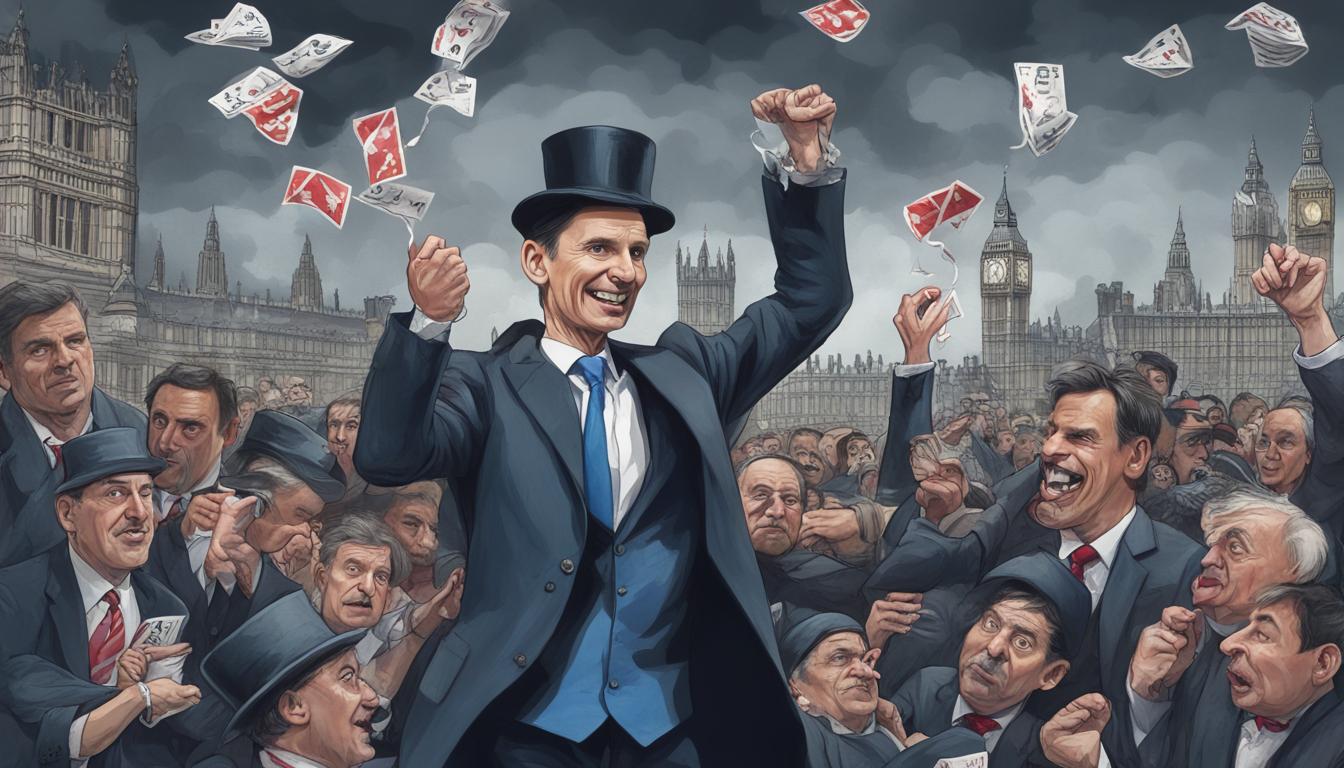As Chancellor Jeremy Hunt announces new tax cuts to alleviate family burdens, debates intensify within the Conservative Party and the UK’s economic strategy faces scrutiny from various quarters.
Chancellor Jeremy Hunt has declared an initiative for further tax reduction, emphasising his commitment to lessening the tax load on UK families, as reported by the Daily Express. These plans arrive amidst challenging times for Prime Minister Rishi Sunak, who is contending with dissent within his Conservative Party. Hunt criticised the Labour Party’s economic direction, suggesting it could undermine the nation’s economic strides. He has expressed optimism about ongoing economic recovery, valuing recent measures such as deflation and wage growth. Additionally, Hunt reasserted his support for the pensions triple lock system, protecting the financial stability of retirees.
In an editorial critique, The Guardian questioned the dominance of conventional economic wisdom in the UK, invoking former Prime Minister Gordon Brown’s focus on human capital and education. The piece reflects a growing disenchantment with mainstream economic principles, particularly their capacity to navigate crises and inflation. Modern monetary theory, promoted by Stephanie Kelton, has been discussed as a viable alternative, advocating for unbridled government spending provided it does not induce inflation.
Further illustrating economic distress, the Trades Union Congress (TUC) has released findings showing a decrease in real average pay across most UK regions since 2008, branding it a stark indictment of the Conservative leadership’s economic policies. The TUC’s analysis concluded that the worker’s financial standing has suffered significantly due to wage stagnation, which many attribute to the party’s austerity measures. A response from the Treasury referenced global inflation challenges while underscoring government efforts like the National Living Wage increase and tax reductions, which purportedly elevate workers’ income.
Additionally, a controversy surrounds Prime Minister Rishi Sunak’s claim that the populace will be financially better off by £900 due to tax cuts. This statement has been scrutinised by the fact-checking organisation Full Fact, which argued that the practical savings for an average salary earner are significantly less than suggested, attributing this discrepancy mainly to changes in the National Insurance thresholds and fiscal drag consequences. This ongoing debate casts a spotlight on the complexity and contentious nature of fiscal policies and their tangible impact on individual incomes in the UK.













